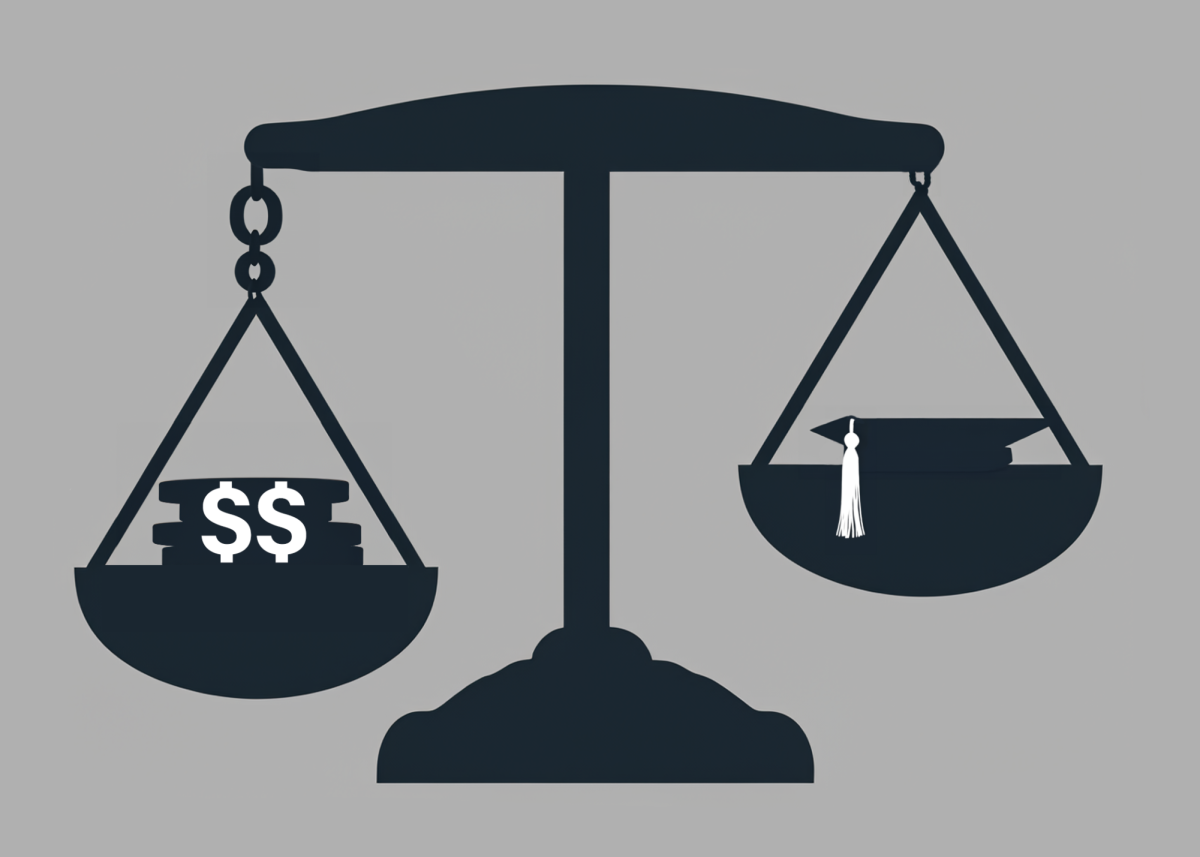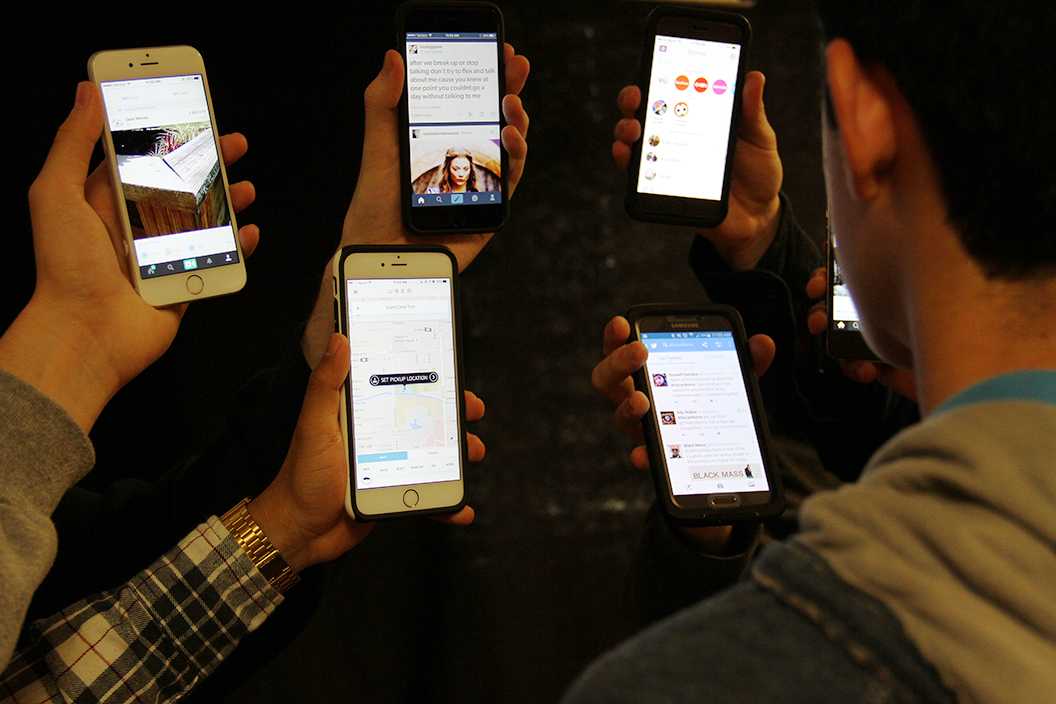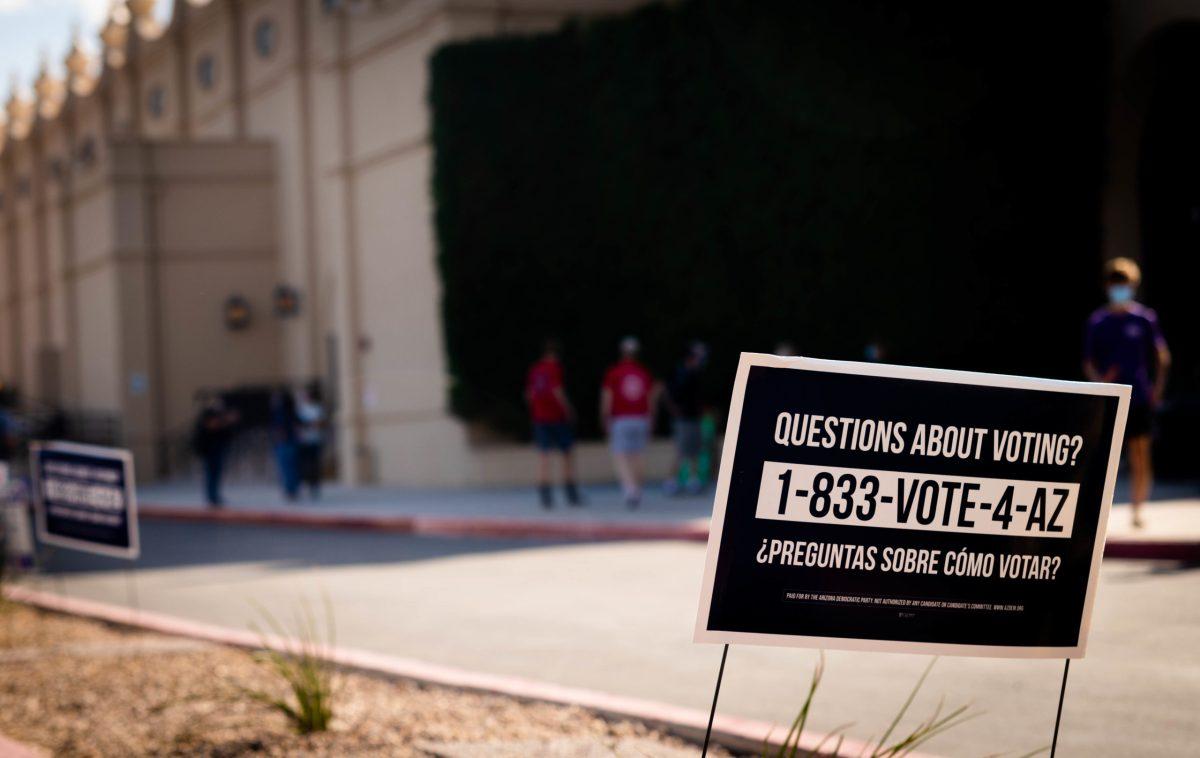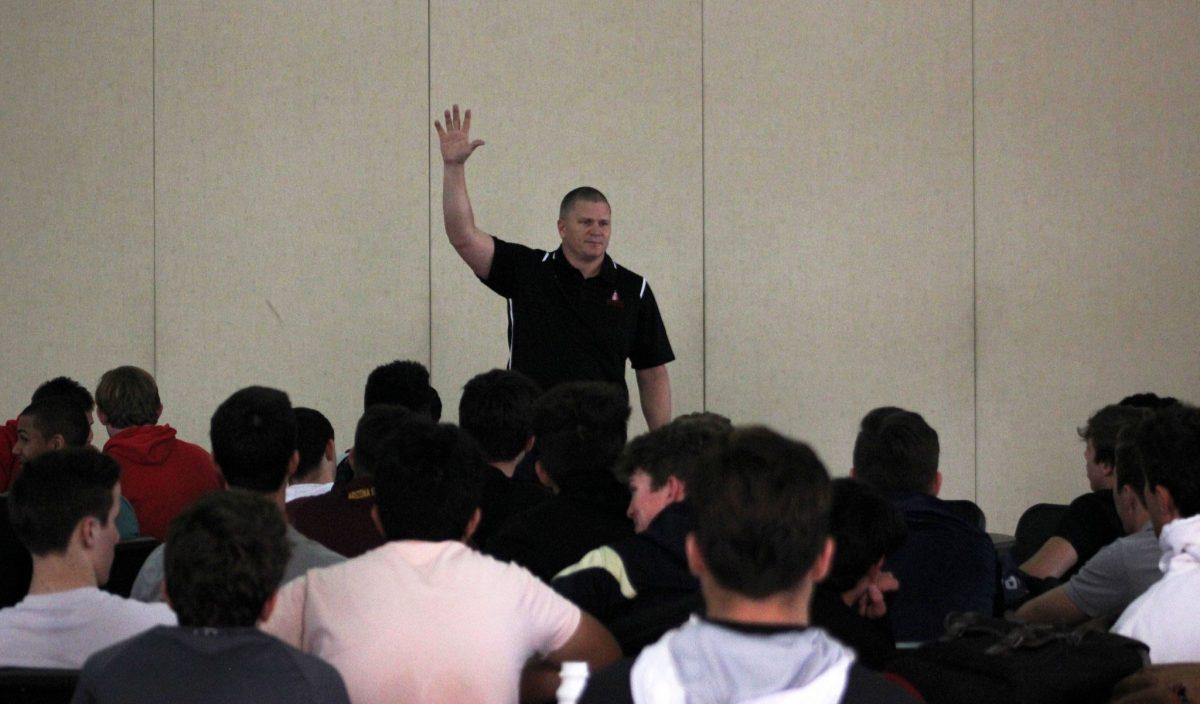Illustration by AK Alilonu ’16 – Rumors have always spread rapidly from person to person, but now with the added help of the internet, rumors can spread farther and faster than ever before.
By Kaleb Lucero ’18
THE ROUNDUP
Widespread myths have always been present among us, but with the advent of the Internet, you’d think misinformation would suffer a huge blow.
Unfortunately it’s quite the opposite.
Rumors can be spread by the word of mouth, sure, but that’s a long, rare process. However, once they get started they can be amazingly stubborn to get rid of.
For example, have your parents ever told you not to read in the dark or sit too close to the TV because it may hurt your eyesight? Well, these are actually not true at all.
The funny thing is that some people may have been sitting so close because they needed glasses in the first place, which may certainly be the reason for people drawing a correlation between the two.
All of us have certainly heard longstanding misconceptions like this, whether we’ve realized they were untruthful or not.
So, it’s great we can do some quick research on our old pal Google to make sure what we’re hearing is correct, right?
We can, but it’s really a matter of if we will.
Although, based in my own allergic reactions to these types of inconveniences, I highly doubt that the majority of people will fact check what they see on social media. My experiences on the
Internet have yet to prove me wrong.
Even when we do use the wealth of knowledge from the world, it is still from the world. That means that, if it’s not official or verified, it can be written by anyone who knows how to use a keyboard and hit a “post” button.
It’s not as if the majority of information online is false, and it doesn’t matter much when it comes to small, odd little “fun facts” that so often play host to these web-based myths.
However, not everything online is a tidbit of irrelevant knowledge.
In fact, there is much more motive to lie about the polarized topics, namely politics. And when someone decides to distort information about politics, it’s often not a slight change.
Who knows how many biased graphs, statistics and political memes are floating around about immigrants, the economy, the presidential candidates, crime, ect.
And it’s not as if all misinformation has to be “lies,” either. It often consists of withholding certain factors or putting emphasis and different parts of an event or data collection.
While technically not being blatantly dishonest, a few well known sources are able to put a lens on the truth, often resulting in both sides of some argument thinking they have the right information, when in reality it may very well be that both have a different version of the same data.
However, words and charts are not the only things used for deceit.
Photos have been manipulated for ages now, from Stalin using it to remove political rivals from history to people trying to make themselves look better on Instagram.
Photographs are a bit more trustworthy, but because of that they are more powerful in mischievous hands and are much more dangerous in ill-seeking ones.
For example, according to The Washington Times, Richard Taylor photoshopped two separate pictures, combining them into a single image that falsely showed John Kerry and Jane Fonda giving a speech at an anti-Vietnam War rally with the intention of ruining Kerry’s reputation.
Although anyone with just a bit of professional software and skills can alter a video’s audio and maybe add a moving image or two, it is infinitely more difficult to make something look natural with the high quality our cameras have today.
Still, it’s able to be done.
There are plenty of different ways to spread misinformation, all with varying difficulty, but why lie in the first place?
Well, it might be just as a joke, it might be for political reasons, to make a group or person look bad, or maybe some people just want to watch the world burn (although unlikely).
There’s one thing that photos and videos are especially good at, and that’s conveying emotion. So sure, maybe someone wants to make a video or picture that makes people feel happy, but let’s be honest, there’s another type of group that would find these aspects much more appealing. That being, of course, terrorists.
With ISIS’s surprising technological savvy, it’s not too far-fetched to think they would use these tactics to spread fear or garner support.
But what can we do about it? Not just terrorism, of course, but the whole mess?
It’s undoubtedly dangerous to have people running around making decisions off of faulty information, but luckily the world has given this matter some attention.
According to The Guardian, “the rapid spread of misinformation online” was the 10th most significant trend of 2014 at the World Economic Forum.
How do we plan to solve this? Would censoring malevolent lies on the Internet be a violation of the 1st Amendment? And how would we even decide what to censor, anyways?
No one knows for now, but hopefully the world will start asking these types of questions before this online cancer gets out of hand.
In the meanwhile, it would be wise for all of us to be mindful of what we’re reading, and make sure that we too don’t fall victim to this.


































